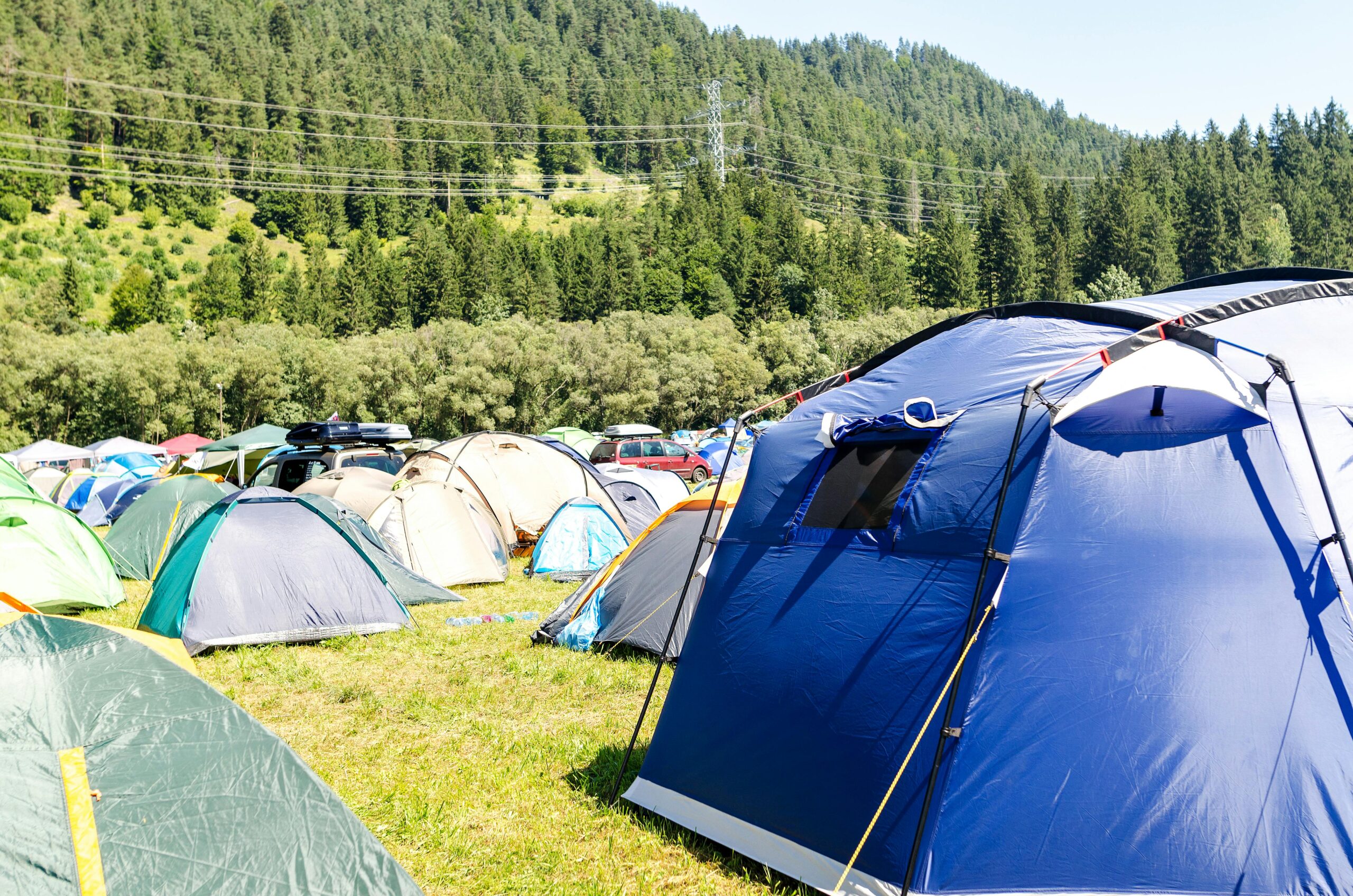Rising Weather Risks Demand Closer Attention at Camps
As extreme weather events become more frequent, many families are reevaluating the safety of sending their children to summer camps. While these experiences offer valuable exposure to nature, they also bring increased risks of heat illness, wildfires, and floods.
In the U.S., there are no federal regulations specific to camps, and only a small fraction voluntarily participate in national safety accreditation programs. State-level oversight varies widely, leaving gaps in protections depending on location.
Questions to Ask About Heat Safety
How is the camp preventing heat-related illness?
Children are more vulnerable to heat stress due to their developing physiology. Parents should inquire whether the camp includes shade structures, cooling systems, regular hydration schedules, and climate-sensitive activity planning. Understanding how counselors handle extreme temperatures can provide peace of mind.
Flood Risk Preparedness at Camps
Is the site located in a flood-prone area?
Many camps are located near rivers or wetlands. Parents should ask about the location of sleeping quarters, especially for overnight stays, and whether flood risks have been evaluated. Emergency plans should include sirens, weather monitoring, clear evacuation routes, and staff training on flood scenarios.
Wildfire and Smoke Response Protocols
Is there a current and tested emergency plan?
Air quality monitoring, evacuation strategies, and reliable family communication systems are essential. Emergency plans should be updated regularly in coordination with local agencies. For sleepaway camps, ensure there is 24/7 staff vigilance, with tools like radios or phones to detect and respond to sudden environmental threats.
Ensuring children’s safety in summer camps requires proactive engagement from parents and guardians. Asking detailed questions about environmental hazards and emergency planning helps identify whether a camp is truly prepared for today’s climate challenges. Preparedness is no longer optional—it’s a necessity.



